
President Suharto’s risky visit to the war-torn Bosnia in 1995.
Istanbul, MINA – Twenty-two years on since the Dayton peace accords ended the war in Bosnia-Herzegovina, the deal is viewed as having cemented divisions in the country.
The accords, initiated at the Wright-Patterson U.S. Air Force base near Dayton, Ohio, on Nov. 21, 1995, ended a brutal civil war in Bosnia that resulted in around 100,000 deaths over three-and-a-half years.
However, nearly 3.5 million people today are living in one of the most fragile and multi-ethnic states in the world, facing economic difficulties and political deadlocks due to a complex constitutional structure, according to Anadolu Agency.
Dayton built Bosnia-Herzegovina as a single state, but consisting of two entities — the Croat-Muslim Federation of Bosnia, and Republika Srpska — as well as Brcko, a neutral, self-governing canton.
Also Read: Auckland Protesters Rally for Palestine, Urge Nationwide Boycott of Israeli Products
The accords, which were agreed by then Serbian President Slobodan Milosevic, Bosnia’s Alija Izetbegovic and Croatian leader Franjo Tudjman, also established several mechanisms that institutionalize Bosnian, Serb and Croat divisions.
The Presidency of the country is a clear example of the structural complexity as it is a three-member body –one from each ethnic group– which collectively serves as head of the state.
The country also has ethnic quotas in public institutions, while the groups have veto rights on “vital interests” in decision-making.
This hybrid political establishment has led to the country being governed by five presidents, 13 prime ministers and 136 ministers over the last two decades.
Also Read: Protesters in London Denounce Israeli Violations of Gaza Ceasefire
Therefore, citizens at a local and national level are apathetic towards influencing political decisions due to a range of institutional shortcomings.
This was visible in the low turnout seen in recent elections, reflecting widespread disenchantment as 2014 parliamentary and presidential elections observed a nearly 54 percent turnout.
Although political reform was seen as a definite requirement, Bosnia’s parties are far from agreement as the complex relationship between the state’s entities makes deal-making difficult.
In 2014, the EU also said in a progress report there was a “lack of collective political will on the part of the political leaders to address the necessary reforms”.
Also Read: Russia Defends Indonesia, Calls IOC “Hypocritical” Over Israel Visa Dispute
While the political stalemate remains, the economic figures are not healthy. Unemployment is high and net migration is still negative.
According to World Bank data, youth unemployment rate is the highest in the world — 67.6 percent in 2016. It was 36 percent before the war in 1991. (T/RS5/RS1)
Mi’raj Islamic News Agency (MINA)Dayton
Also Read: IOC Suspends Indonesia’s Bid to Host Olympic Events After Visa Refusal for Israeli Athletes





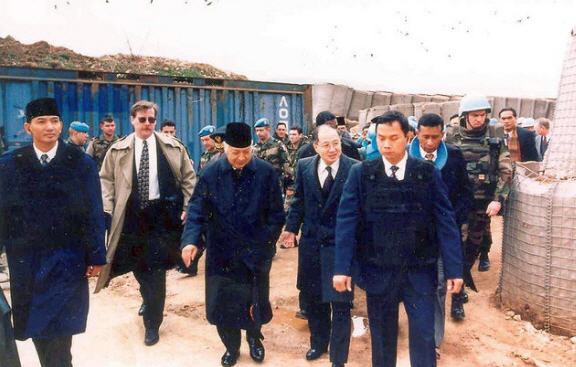

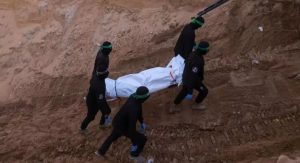
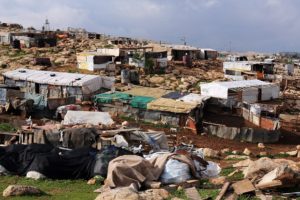



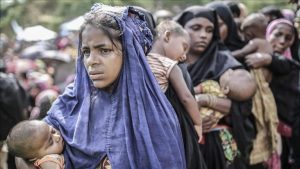
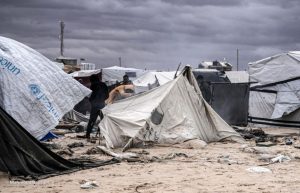
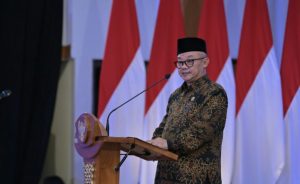
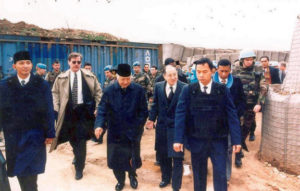
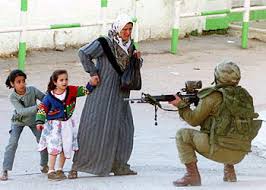




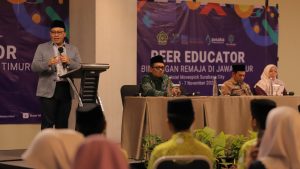

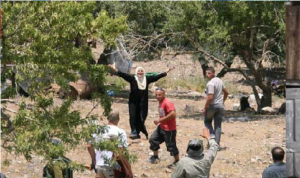
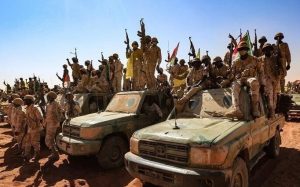
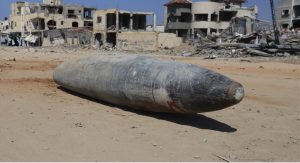



 Mina Indonesia
Mina Indonesia Mina Arabic
Mina Arabic